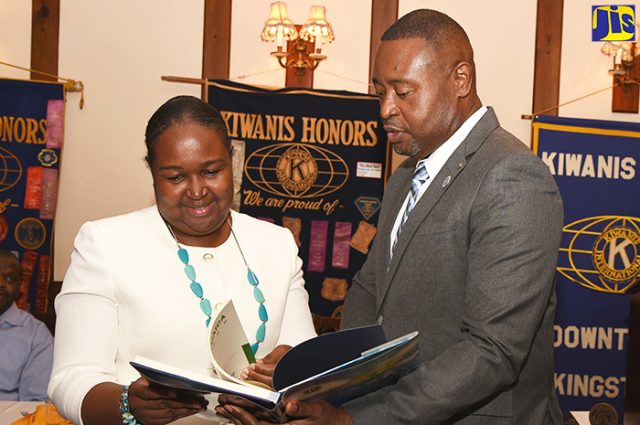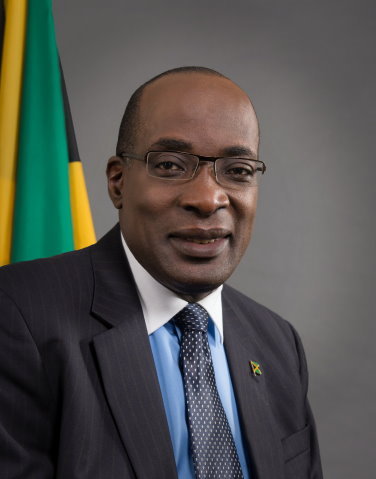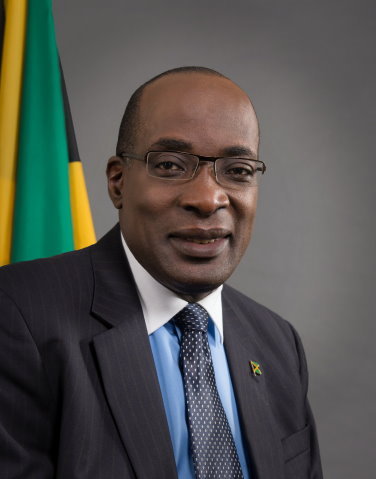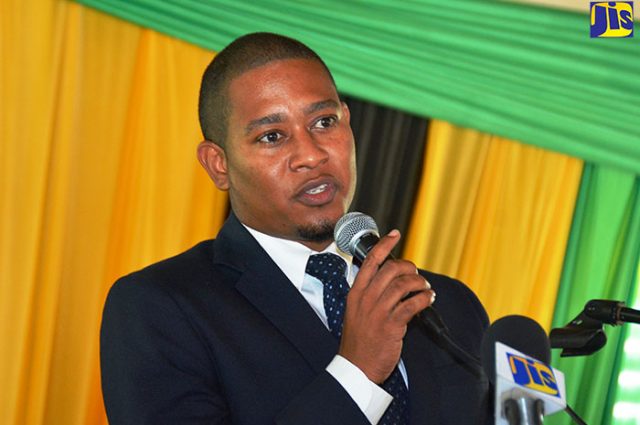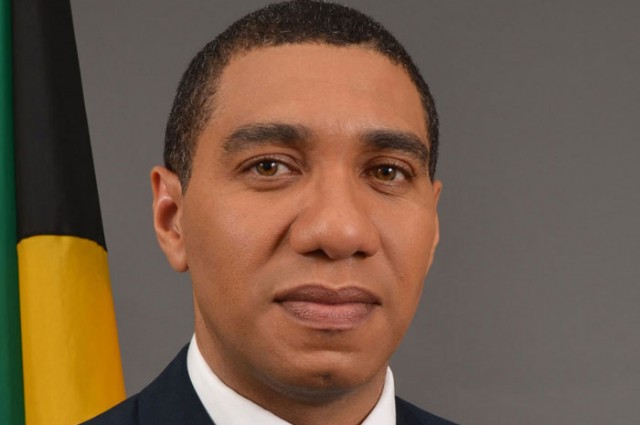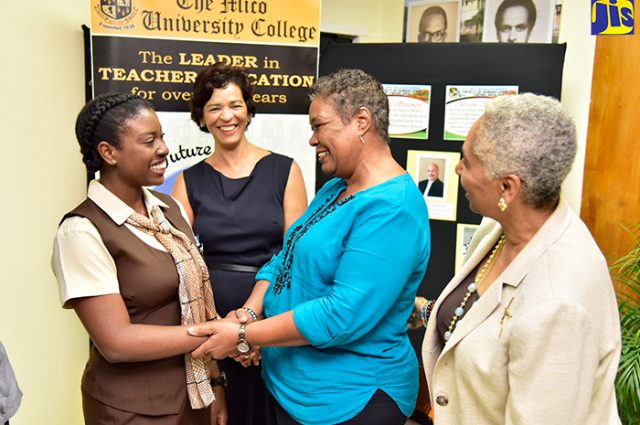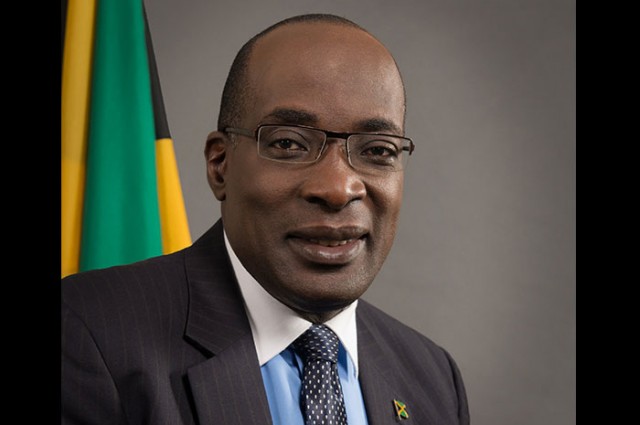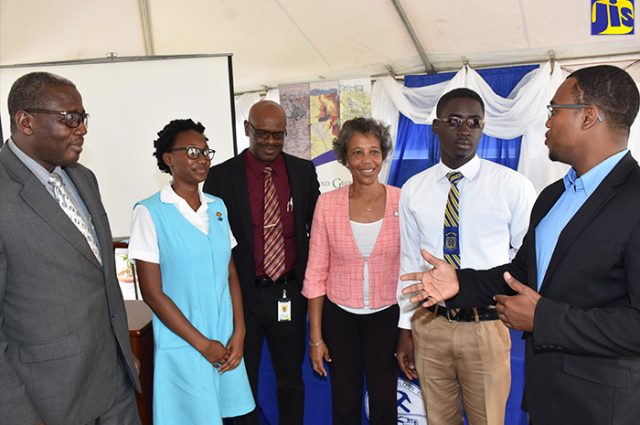JIS: The Ministry of Education, Youth and Information is on a mission to transform the education system into one that operates based on a ‘mass customisation’ format, and not ‘generalised education’, which has been the tradition for decades.
According to Chief Education Officer in the Ministry, Dr. Grace McLean, her organisation believes changing the teaching process at the early-childhood, primary and secondary levels from ‘general education’ to ‘mass customisation’, will allow students to better express themselves and create career paths that are not traditional but are in keeping with the new jobs being created.
“The Ministry is taking a strategic approach towards not following a generalised education (anymore), whether formal or structured, but to move into mass customisation,” Dr. McLean said while speaking at the Kiwanis Club of Downtown Kingston’s luncheon held at Hotel Four Seasons on Monday (May 7).
“Mass customisation in a general context… refers to the design, production, marketing and delivery of customised products and services on a mass basis. It means that customers (youth) can select, order and receive a specially configured product… from hundreds of product options to meet their individual [academic and career] needs, so it is built to order (and) built to satisfy numerous customers across the world,” she explained.
Dr. McLean added the Government has taken the stance to create an education sector that is driven by mass customisation, and not generalised education, because of the advancements in technology and the need to provide students with the opportunity to draft their own career paths.
“The concept of mass customisation may provide the solution to us overcoming some of the deficiencies of a system that is traditionally focused on generalisations. It moves one’s thinking beyond costly customisation, on the one hand, and pure standardisation of education on the other, towards the concept of hybrid, practical and competitive strategies that are fundamental for the development of a modern education system. Mass customisation of education should be to meet the needs of all our students,” she said.
She argued that if Jamaica used the mass customisation format decades ago, the current workforce would have more qualified, skilled and trained professionals.
Dr. McLean said the ‘mass customisation’ approach will help the education sector to better achieve the goals and objectives outlined by the Ministry and complement the 1:25 teacher to student ratio that is now being introduced by the Ministry.
“We have just taken the decision to lower the pupil (to) teacher ratio, so they can truly practise mass customisation. We want our students to see the opportunities that are there, challenge and question our administrators, and, based on these, make decisions they want (regarding their academic and career goals),” Dr. McLean said.
“This is the approach the Ministry of Education, Youth and Information is currently following as we seek to ensure that the needs of every single Jamaican child [is fulfilled], who is deserving of the kind of quality education that will assist him/her to take their rightful place in society,” she added.
CAPTION: Chief Education Officer in the Ministry of Education, Youth and Information, Dr. Grace McLean (left), peruses a book about the Kiwanis Club with President, Kiwanis Club of Downtown Kingston, Mr. Leo Williams, during the Club’s luncheon at the Hotel Four Seasons on Monday (May 7).


